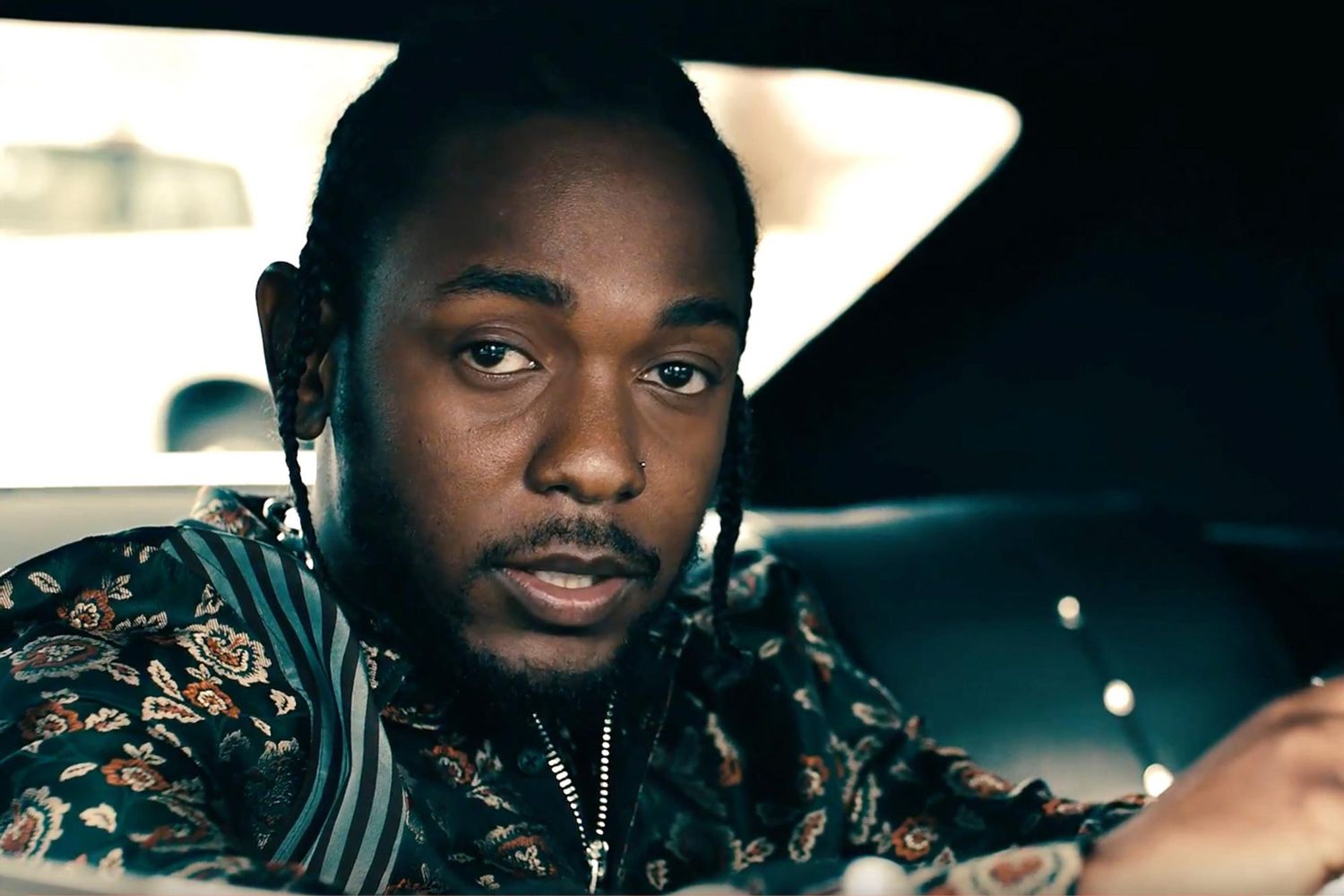

The beauty and bleakness of Black culture are on full display in Moore’s examination of Lamar’s musicianship. It isn’t solely about picket signs and clever chants, it’s about the full breadth of the experience, about wading through the misery and finding light through it all.” “America can beat you down if you let it, but through Sly’s howl, Curtis’s falsetto, and D’Angelo’s hum, you felt the beauty and bleakness of black culture.” Moore points to Black genius itself as an act of dissent. Moore places the rapper on the list of historic Black musicians who “spoke to us and for us.” “They created music in which we could see our full, beautiful selves, and they helped us remember that we weren’t second-class citizens, even when the world tried to render us invisible,” Moore writes. The intersection of Black genius and Black strife is the focus of a new book, “ The Butterfly Effect: How Kendrick Lamar Ignited the Soul of Black America.” The writer Marcus J. “We just letting our dead homies tell stories for us.” “We ain’t even really rappin’,” the late rapper says from beyond the grave, with his living heir apparent listening intently. It is an album that begins with a Wesley Snipes parable on the exploitation of the Black artist and ends with a phantom Tupac interview.

And that is one thing that every Black genius wrestles with.” For Lamar, survivor’s guilt came to a head in 2015, in the form of “To Pimp a Butterfly,” where he grappled with celebrity and civic responsibility-the internal conflicts and the external pressures, the tension between materialism and spirituality. When his verbal skills combine with his fine-tuned hood morality, Lamar opens a window onto an imperilled, alienating existence: what it’s like to navigate the territorial Compton streets with a sixth sense for trouble.īoth West and Lamar have been christened with the glow of Black genius, which the writer Jason Parham defined as “an uncanny power to awaken our deepest and most sacred sentiments.” The Roots drummer Questlove connects this genius to extraordinary insight into the everyday Black struggle: “Anyone who is Black that started in meagre or so-so conditions that are not that of the privileged of the world-when they finally transform to a higher level, it is guilt they feel. He deploys lacerating wordplay, nearly frantic in its motion yet piercing in its lucidity. Lamar is a prodigiously gifted lyricist and performer who consistently makes bold aesthetic choices. Much like Kanye West before him, critics and fans view Lamar as an unparalleled virtuoso who pushes boundaries with each new project, his coronation to the pantheon of great contemporary artists not so much an “if” as a “when.” These accolades, obviously, aren’t without merit. His lyrics have been annotated by the Pulitzer Prize-winning writer Michael Chabon, and he himself collected the Pulitzer Prize, in music, in 2018, becoming the first pop artist ever to do so. His major-label début, “good kid, m.A.A.d city,” was deemed an “ instant masterpiece” his most recent release, “D.A.M.N.,” an “ instant classic.” He has been hailed as a “ literary genius” and a visual one. Prestige has been chasing the Compton rapper Kendrick Lamar ever since he broke through in 2011-first, in hip-hop, when he was the protégé of Dr.


 0 kommentar(er)
0 kommentar(er)
